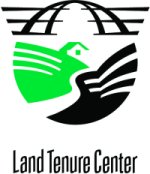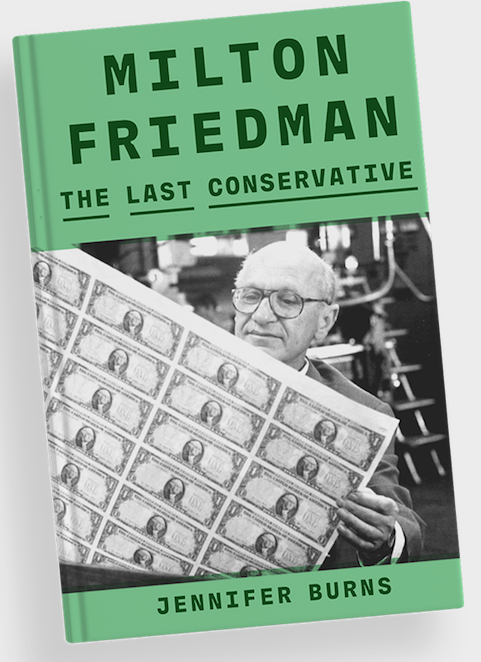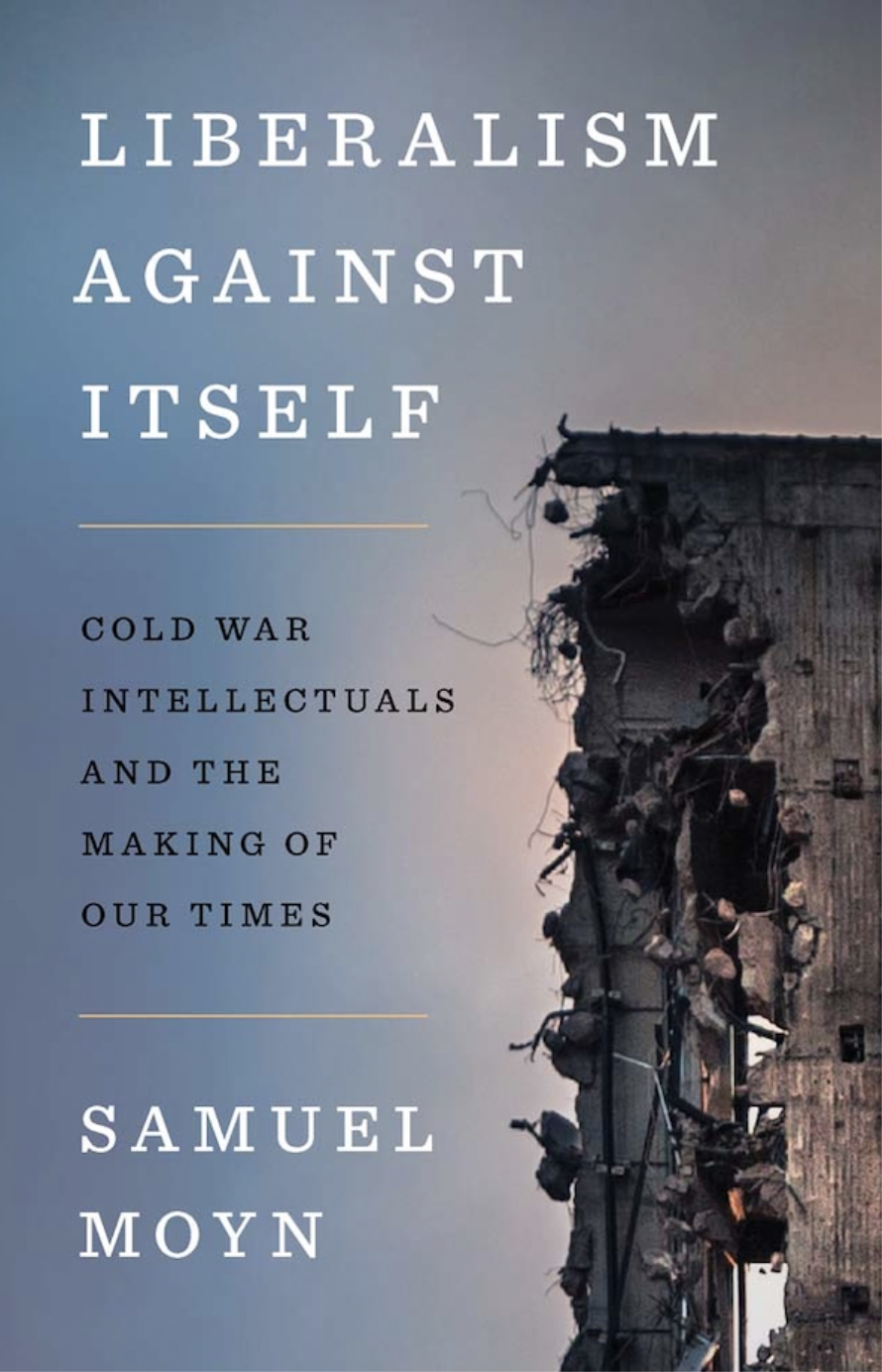Guide to Prelims
Prof. Patrick Iber
Spring 2022
Preparing for prelims is the second “season” of grad school, after coursework. It is much less structured, but it is an essential part of the process. It is more open-ended, and relatively free of immediate obligations. Many professors, if they are fortunate enough to be on the tenure-track, will lament that they don’t have the time for concentrated reading that prelims preparation provided. On the other hand, many grad students find this a difficult, unbalanced, and stressful time. The purpose of this guide is to clarify the goals of prelims, and so to bring out the best from the experience, restore balance, and remove as much stress as possible.
Part of the difficulty of prelims is that there are multiple goals operating simultaneously. The basic goal is to read widely in the fields that are important to your work, so that you are familiar with the work of others. Other scholars serve as your “unpaid research assistants,” as my professor Dain Borges used to say. As you do this, you are accumulating knowledge that will make it possible for you to:
- Teach an undergraduate survey course in the subject of the field of study;
- Start designing a graduate class in the subject of the field;
- Identify the intervention that you want to make with your own work, and how it will contribute to a wider body of knowledge.
Finally, there is a “hidden” curriculum of the prelims season, which is also essential. The amount of reading material that you will be asked to tackle may seem overwhelming, even impossible. It may seem unfair. But it is not a feature of prelims: it is a feature of working as a historian, and will not go away, even after you have moved past the prelims stage. Gabriel Zaid wrote about Too Many Books in the 1970s, and since then the problem has only gotten more acute. The number of books and articles that we must learn from never stops being overwhelming. As a result, you need to figure how to cope with this problem. In short, you need to:
4. Develop a strategy for assimilating large amounts of written material quickly and effectively;
5. Figure out how to know what you need to read, and how you need to read it.
Let us address these in reverse order. To begin prelims, your first task is to figure out what you need to read. You’ll need to put together a reading list that is compatible with goals #1-#3, which is why not everyone’s list can or should be the same. The process of assembling the list is itself a part of the exercise, and valuable in itself. It will give you experience in looking for resources. You can get ideas from many places: you can look at the web pages of the major university presses in your field. (What are they? Do you know?) You can look at the list of prize-winning books in your field given by the relevant professional associations. (While you’re doing it, do you notice any grant opportunities that you could apply for?) You can look at syllabi and prelims lists that you find online or obtain from colleagues and peers. You can look for the work of people that you know to be important in your field. You can look at edited volumes like the Cambridge Histories. And you should browse your field’s most important journals, looking for interesting articles and familiarizing yourself with the reviews section. Everyone can use the American Historical Review for this purpose; those working on modern Latin America should also look at the Hispanic American Historical Review, the Journal of Latin American Studies. The Latin American Research Review may also have helpful review articles. Students in U.S. foreign relations should consult Diplomatic History. Those in other fields will need to identify the key journals and use them. It will probably take a week just to put together your list—and you will learn things from the process. If this is your primary field, you should aim for about sixty books and 20 articles. If it is a second or third field, aim for 45 books and 20 articles. The difference will primarily be that in a primary field, you will be adding another 15 books that are close to your own anticipated project. And leave yourself some room to add new works that you discover along the way.
Back to point #4: reading strategies. You’re probably going to need to develop a pace of reading that gets through a book (possibly plus an article) every day. Some days you may need to read two books in a single day. How can that be done? Here are some things to keep in mind:
- You should seek out historiographical essays, books, and reviews that will orient you to a whole field quickly.
- Your pace as a reader will probably increase over the course of your prelims work, because you will see points or topics repeated so that skimming sections becomes easier.
- Some books can’t be read quickly. Some books, especially if you need their details of because the topic is close to your own work, demand to be read slowly. You can’t rush everything, so don’t feel bad if you sometimes need a couple of days for one book.
- But you also can’t read everything slowly, and you won’t be able to remember everything either, so don’t try to master every arcane detail of everything you read. You want to be able to get to the big picture, and maybe, know where the details are if you need them later. Different people find different strategies work for them. Some like to read the introduction, conclusion, and sample chapters. Some like to read the major journal article that frequently accompanies (or, usually, predates) book publication. Some like to look at reviews, or some combination of these approaches. Working out your strategy is a big goal of this process. Whatever you work out, I guarantee that you’ll come back to it many times as a researcher.
- In practical terms: figure out how many hours you have. Suppose you have four hours to work through a book. What can you get done in that time? Do you want to use half an hour to read reviews, three hours to read selectively, and half an hour to write about what you learned? Refine your realistic expectations over the course of the prelims process by keeping track of what schedule you tried, and how well it worked. Don’t beat yourself up if you don’t make your goals all the time, but make adjustments so that you can get to a point where you do meet your daily goals most of the time. This really helps with the parts of this process that are psychologically difficult because you feel that you are not making progress towards an impossible goal.
- Some books are not worth the time investment for you. Is the book deeply flawed, dull, or irrelevant? Once you have identified this, you may put the book aside. This is part of effective and efficient reading, which is your goal. You might want to check against reviews to see if you’re missing something. But there are more books in Borges’ Library of Babel than there are elementary particles in the universe. You’ll never get to them all. You may as well spend your time on Earth reading things worth reading. But, of course, this doesn’t mean that you should put aside books just because you disagree with them.
- One of the unbalanced things about prelims prep is that it can feel like it is all reading, whereas most scholars find that a balance between teaching, reading, writing, and conversing is what sustains them intellectually. So: do all of those things. We remember much more when we write than when we just read, so incorporate writing into the process. I strongly recommend going beyond simple note-taking, though you’ll do that too. In my view, the way to approach this is to remember that history is, among other things, a question-answering discipline. After you have read a book, ask yourself what important questions it addresses, and how it answers them. Write yourself a few paragraphs. I personally like to write in the morning and read later in the day—which guarantees that every day includes writing—but you can develop the habits that work for you. As you go along, you should find that multiple books address similar questions, so you will return to the same question and your answer will grow in complexity. As you do this, you’re making a map of the field, and making a guide for yourself to review at the end of the process!
- Another place that you can slot your notes productively into writing is to write lectures. If you’ve sketched the outline of a semester syllabus at the beginning of the process, you’ll know what you’ll need to talk about. A lot of lectures start as cut-and-paste jobs from book notes, plus intro/conclusion/transitions thrown in. You may as well do it as you go along. It will help organize your thoughts and refine your syllabi.
- If you adopt this approach, you’ll be working on teaching, reading, and writing simultaneously. But don’t neglect the conversation part. Talking about books with others also helps them make sense. If you have another student or students you can talk to as you go, asking each other questions, that’s ideal. But visit your professors regularly too.
- Finally, leave room for changes as you go. Your approach can evolve as you learn about what works for you, and the list can change too. Think of your list is a map, rather than a contract. There are multiple paths that will get you to your goal. Communicate with your professors when things are going well, and when things are tough. If you are struggling, don’t blame yourself. It’s normal, but misery is not a necessary part of this process. Prelims prep is not intended as hazing. If you’re unhappy much of the time, talk to your professors and develop a new approach that works for you. If you figure that out, you’ll have done one of the most important things that this part of grad school can do.
Returning to the first three goals: undergrad teaching, grad teaching, and dissertation prep. Some of these have been addressed already in the last section, but remember that these are separate tasks with separate goals. Keep track of which books work for which goal, and which ones support more than one.
- For undergrads, you want clear, exciting, and accessible texts. You want books that pack a lot into a short space and that challenge preconceptions. Some of these books or articles are things you might assign to them. Some might be the basis for your lectures in a course where they’re looking at primary documents for readings. You decide, but as you read keep your eye out for vivid details and stories that make for effective teaching to large groups. In your exam, be prepared to answer questions about what books you would use to teach a certain topic to undergrads, and why.
- A graduate syllabus is another matter: there, you would want to represent different methodological approaches, so that scholars-in-training would be able to draw inspiration from what they find most compelling. In effect, you’re teaching the history of your own field. Undergrads do not care about this sort of thing at all. For the most part, they want to know about the world, not get bogged down in how we know what we know about the world. But, in your exam, be prepared to answer questions about major trends that have informed the way that historians in your field formulate and answer questions. Be prepared to answer the question of what you think the most exciting current trends are in your field.
- Finally, you’re preparing to write your own prospectus and dissertation. The prospectus may be the foundation for the introduction to your dissertation, where you explain how what you are doing is different than what others have done, and why it matters. So be sure to read the adjacent literature for its arguments, and know how you will build on it in your own work (even if that means challenging aspects of what was written earlier).
It’s a lot, but these tasks all also work together. Doing one reinforces the others. When you’re feeling tired of one area, you can switch to another. If you need a break from monographs, spend time working on a syllabus, for example. If you need a break from all that, watch a movie related to your field, read some fiction, or look for primary sources. When you need a break from that, go outside or whatever you find sustaining. It’s important that you not work seven days a week. I haven’t figured out how to do the job in less than five and a half, and that has been a struggle. But you should aim for better, and not working is something else that you’ll have to practice, because one of the toughest things about this profession is finding work-life balance when tasks are never, ever done and everything has become hypercompetitive. Those are real problems but they don’t get solved by burning yourself out.
Good luck! Perhaps someday you’ll be complaining about how you wish you could go back to prelims prep, and your grad students will think you are delusional, and you can give them your version of this document.




Leave a comment